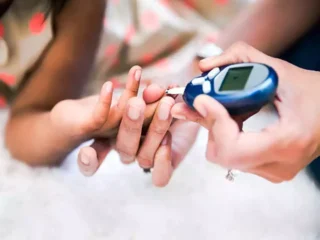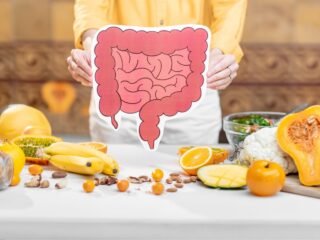Recovered from COVID-19 but still haven’t been able to get back your sense of smell? Does all the food that you are coming across smells rotten or like garbage? If yes, then you are not alone in who is facing this. A lot of people who have recovered from COVID-19 are observing these symptoms.
What is Parosmia?
Parosmia is a condition where the otherwise normal smells now smell unpleasant or even disgusting. For example, to someone with parosmia, smells such as coffee or fruit smell like garbage, rotten meat or eggs, or ammonia. However, this generally happens when your nose called olfactory sensory neurons, don’t sense odours and translate them to your brain the way it should. It is common after a viral infection.
What are the causes of Parosmia?
Several things may cause parosmia. They can include:
- Upper respiratory infections like colds
- Brain tumors
- COVID-19
- Constant dry mouth
- Head injury
- Sinus infections
- Certain toxins and drugs
- Seizures in part of the brain called the temporal lobe
ALSO READ: Why Omicron Spreading Faster Study Finds Possible Reason Behind Check Details
The link between COVID-19 and Parosmia
There are many studies that have been done on COVID-19 and Parosmia since a total loss of smell and taste are the most symbolic symptoms of COVID-19. According to a study, it is said that it happens to at least 25% of people who are infected with SARS-CoV-2, the virus that causes COVID-19. Moreover, there are some reports show that are also linked COVID-19 infections to parosmia.
Most people with a complete loss of smell (called anosmia) caused due to coronavirus find that their senses go back to normal with time. But problems can dawdle in a few people for more time or they may have a transformed sense of taste and smell for weeks or months after the infection. According to some reports, the “COVID smell” was “foul,” “rancid,” or similar to “rotting flesh.” While nearly half of people infected with coronavirus reported parosmia about 2.5 months after their early infection, and it continued for at least 6 months.
Another international study found that 7% of people reported an inaccurate sense of smell after a coronavirus infection. But according to experts, they need more information and larger studies to better understand how the illness may affect smell and taste.







